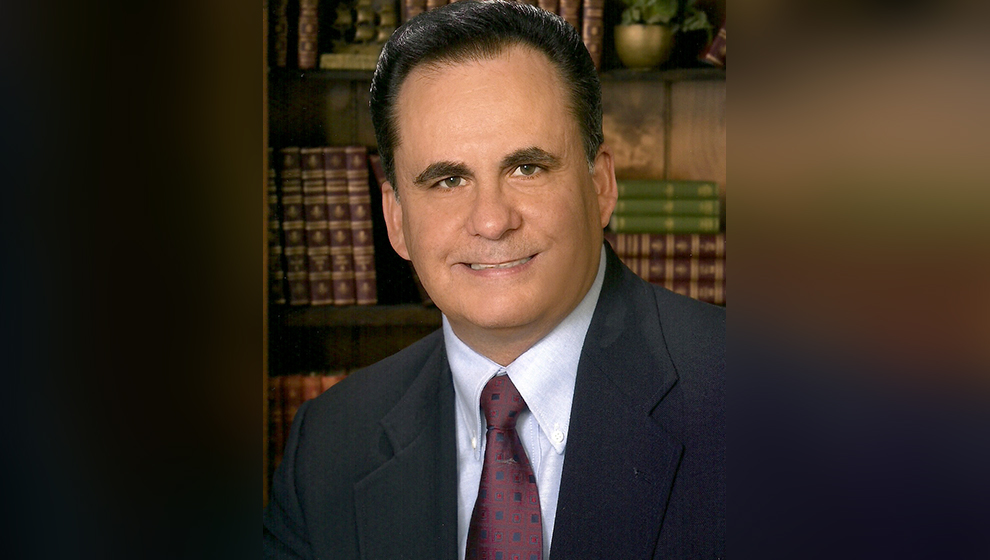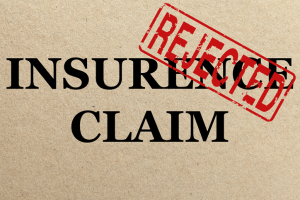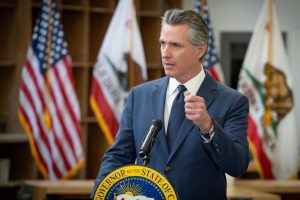Can you tell us a little about your background in speech-language pathology?
I have been a speech-language pathologist (SLP, speech pathologist, speech therapist) for over 50 years and have an earned doctorate (PhD) in my profession. For over 35 years I have worked independently in my private practice as an expert witness. I was a university professor for 35 years and taught courses primarily in neurology and neurological disorders, but also several other areas.
I have presented all-day seminars on a variety of topics to SLPs, physical therapists, occupational therapists and educators in cities throughout the US and in several foreign countries, and have presented numerous programs at state, national and international conferences and conventions. I have authored or co-authored six textbooks and four therapy manuals, all of which are used both nationally and internationally. I have also been a clinician providing speech, language, cognitive and swallowing therapy in my private practice working with both children and adults, specialising in neurological disorders, voice disorders and stuttering. While teaching at the university, during summers between semesters, I worked as a staff speech pathologist in acute, subacute and convalescent (long-term care) hospitals.
What is a speech-language pathologist?
According to the American Speech-Language-Hearing Association (ASHA), a speech-language pathologist is specifically educated and trained to work with people of all ages – from infants to the elderly – to prevent, assess, diagnose and treat speech, language, cognitive and swallowing disorders. More specifically, SLPs work with speech sound disorders, receptive and expressive language disorders, neurological disorders (e.g. stroke, TBI) with their language and cognitive impairments, motor speech disorders (apraxia and dysarthria), voice disorders (including laryngectomees), cleft lip and palate, fluency disorders (stuttering, stammering) and swallowing disorders (dysphagia). Some SLPs specialise in working with deaf and hard of hearing children and adults.
What training and skills can speech-language pathologists be expected to possess?
Speech-language pathologists are educated and trained to assess, diagnose and treat each of the above disorders. The minimum educational level for a state license and national certification by ASHA is an MS or MA degree. Some speech-language pathologists earn a PhD or a clinical doctorate (Doctor of Speech-Language Pathology – DSLP or SLPD). The Certificate of Clinical Competence (CCC) is awarded by ASHA after completing all educational requirements, clinical clock hours and professional experience requirements, and passing ASHA’s national board examination.
The minimum educational level for a state license and national certification by ASHA is an MS or MA degree.
What sorts of legal cases are speech-language pathologists typically called to advise on as expert witnesses?
Most are medical-legal cases typically involving neurological disorders, such as strokes and TBIs, often with swallowing disorders involved, although any communication or cognitive disorder may become a legal case. School-based speech pathologists are more likely to be involved in fair hearings and other education issues.
In what other ways can speech-language pathologists provide important input on a case?
Speech-language pathologists can provide valuable information and testimony for either the plaintiff or defence. There is often more than one way to look at a problem, which means that either side may benefit from a speech-language pathologist expert witness.
Are there any aspects of your specialisation that you would like to make better known, or common misconceptions that you would like to dispel?
Since most people are familiar with the terms “speech therapist” and “speech pathologist”, they assume that the profession is limited to working with speech, i.e. articulation problems such as w for r substitutions. People do not know or understand the broad scope and depth of our education and training. They do not know the range of clients and patients we work with and the variety of settings we are in, such as schools, hospitals (acute, subacute and convalescent [skilled nursing facilities – SNFs]), clinics, rehabilitation centres, private practices and universities. It is because of the lack of knowledge and understanding of the education, training, and scope of practice of speech-language pathologists that attorneys do not consider and utilise these professionals as often as they could benefit from their input and testimony. In most cases in which a neurological disorder or impairment occurs in either a child or adult, a speech pathologist can provide valuable testimony.
People do not know or understand the broad scope and depth of our education and training.
However, not all speech pathologists are necessarily well qualified to serve as expert witnesses. Special qualifications, training, and experience that can help during medical-legal work include having:
- An earned doctoral degree (PhD or DSLP) in speech-language pathology;
- At least 10 years of professional experience;
- A strong background in anatomy and physiology of the speech systems;
- A strong background in neurology and neuropathology;
- Taught at a university for at least five years with experience answering uninhibited and challenging questions;
- Ongoing and recent experience providing direct therapy to clients or patients;
- Experience with depositions, court hearings, and court trials;
- Some professional training by attorneys on being a proficient (actually, excellent) expert witness.
What specific education, training, or experience have you had that would make you particularly valuable as an expert witness for either the plaintiff or defence?
As mentioned above, I have been a speech-language pathologist for over 50 years and was a university professor for 35 years teaching primarily courses in neurological disorders, with the accompanied experience of answering uninhibited and challenging questions from students. I have remained a practicing therapist for all my career.
I have worked on over 40 cases as an expert witness and have been deposed several times and have testified in court a few times, once being on the witness stand for two and a half hours. I provide a meticulous review of medical records and documents and opine on the queries of the attorney. Because I have been involved in numerous cases, I have sought training for expert witnesses and have taken seminars or trainings in How Experts Can Persuade with Clarity, Seven Approaches and Tips for Experts, Strengthening Your Skills in Court Testifying as an Expert Witness, Writing IME Reports, Medical-Legal Report Writing and Testimony Workshop, and I attended the 13th Annual National Expert Witness Conference presented by SEAK, Inc. I continue to receive and read articles by Expert Institute, such as Top 15 Tips for Testifying as an Expert Witness, Expert Witness Trial Tactics: How Storytelling and Metaphors Win Cases, Rule 26, Federal Rules of Civil Procedures: A Disclosure Guide for Expert Witnesses, How to Qualify an Expert Witness and Cross Examining Expert Witnesses, among others.
[ymal]
Paul Fogle, PhD, Professor Emeritus
7817 Del Webb Blvd., Elk Grove, CA 95757
Tel: +1 (916) 509-9254 (home); +1 (209) 298-7970 (mobile)
E: paulfoglephd@gmail.com
“I have worked on medical-legal cases as an expert witness since 1985 and have been on over 40 cases, retained by either plaintiff or defense attorneys throughout the U.S., with nearly an equal balance between the two. I emphasise to attorneys who contact me that I am not a “hired gun.” I have probably worked as an expert witness on more cases and a greater variety of cases (including TBIs, strokes, swallowing disorders, cerebral palsy, cleft palate, voice disorders, wrongful death, and one murder case) than most any other SLP.”




















